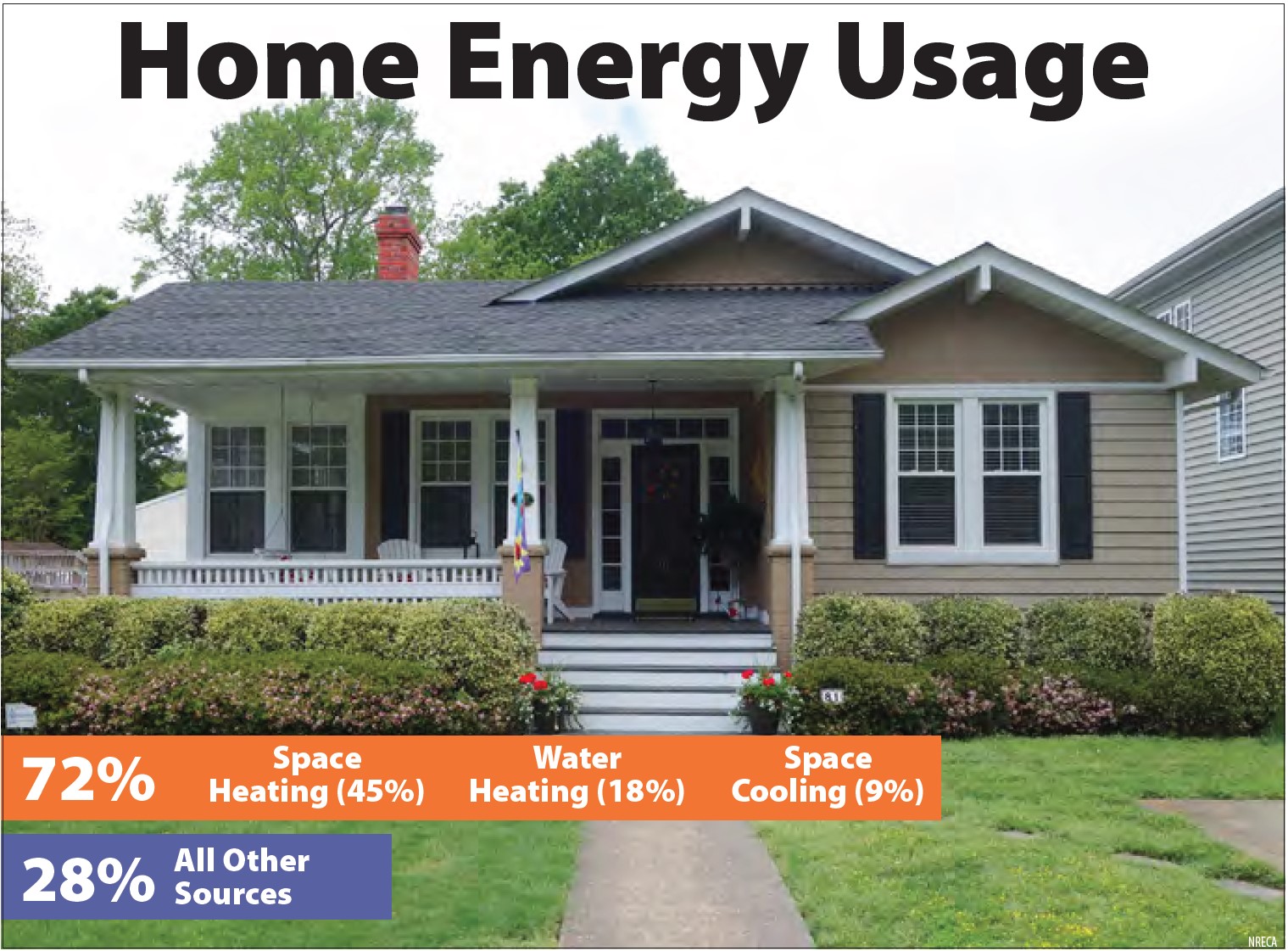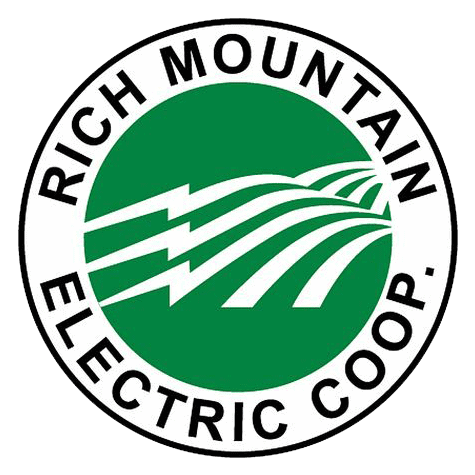Prioritizing home energy savings By Mitch Ross
As you might imagine, my profession in the energy-efficiency field gives me extra authority as I strive to do what any good stereotypical dad does — go around the house telling my family to “Turn off lights!” and “Leave the thermostat alone!” and “Shut the doors!” I use these dad-like refrains more often than I’d like to admit. Many of us grew up hearing these catchphrases and continue the tradition faithfully.
To waste less of my own hot air (see what I did there), I’ve learned to pick and choose my energy efficiency battles at home. To me, the best way to choose worthy battles is to pick what things are going to have the largest overall impact on my home energy bill.
For the typical home, the largest expense by far is related to heating and cooling. As this is the largest expense, it makes sense to dwell on this, and find ways to reduce the energy used by your HVAC system. This could mean setting the thermostat higher in the summer and lower in the winter to reduce runtime, keeping doors and windows shut tightly and latched, reducing air leaks, increasing insulation and choosing and maintaining efficient HVAC equipment.
The second largest energy expense for most homes is hot water. There are a lot of good and easy ways to reduce this portion of your energy expenses.
Take shorter showers instead of baths. Install efficient shower heads (1 to 1.5 Gallons Per Minute or GPM) and faucet aerators (.5 to 1 GPM). Wash clothes with cold water, as most detergents don’t require hot water to clean well. Insulate hot water pipes with pipe wrap. Consider deactivating your circulation pump if you have one or, at the very least, put it on a timer to run just a few hours a day. Another easy fix is to turn the temperature on the water heater down to about 120 degrees. If you need to replace a water heater, consider the most energy efficient option — a heat pump water heater.
According to the Department of Energy, heating/ cooling units and hot water heaters constitute 72% of energy used by the average U.S. home, so these have become my focus on reducing my own energy consumption, as well as my main points to cover with homeowners. The other 28% of your energy bill comes from a lot of categories with low overall impact, such as lighting, refrigeration, cooking and other plug loads.
While I still try my best to keep these impacts low, I now save my breath on these categories with my family, choosing instead to recruit them to help tackle the big energy spenders. It’s still an ongoing struggle, but we’ve been able to keep our energy expenses below average by focusing on reducing HVAC and hot water usage, as I believe your household will as well.
For more information, visit energy.gov/energysaver/why-energy-efficiency-upgrades.
Mitch Ross is the energy efficiency manager for the Electric Cooperatives of Arkansas.

According to the Department of Energy, heating/cooling units and hot water heaters constitute 72% of energy used by the average U.S. home.
